What is the best way to learn photography as a beginner?
The situation: Your out to lunch with your friend and they bring up the topic of photography.
“You know, I bought a new camera,” she starts. “I’ve always liked your photos and just wanted to try dabbling a little myself.”
“Awesome,” you respond. “What camera did you get?”
The latest and greatest model, the one you really want jumps off her tongue. You smile happily for your friend while trying to contain the hint of jealously tugging at your soul.
Oh my god, you think. I’ve had this same camera for six years now. This thing is starting to feel old! Still, you bury your feelings and congratulate your friend on the purchase.
“What’s the best way to learn photography?” she continues. “Like, for beginners, I don’t even know how to use the thing. Where should I start?” Which leads us here to today’s topic.
The Best Way to Learn Photography – Where should I Start Edition.
Now, the podcast “Master Photography” explored this question in a similar vein. They wanted to know why some beginners seem to improve quickly while others just stagnate. Is there a fundamental area of photography like light, composition or camera settings that one should focus on first?
Of course, all of them are important but what if our friend in the example above is going on a once in a lifetime vacation in only two weeks. Which area of study would you have her pursue to help her improve in the shortest amount of time?
I will dig into each of these fundamental aspects of photography. Further, I will also explore the different learning methods including blog posts, books, classes, mentors, meetups & networking, video, and workshops.
Best Books for Photography
The Fundamentals of Photography
Starting with Light
Starting with light could be more advantageous for photographers where the priority is people and portraits. Positioning someone in bad light or speckled light is going to result in a bad portrait almost every time.
OK, not every time, photographers sometimes use speckled light on purpose. I’ve especially seen this in fashion but before you can start breaking molds you need to understand why they exist. Now back to light.
There are four main characteristics of light. These include quantity, quality, color temperature, and direction. Studying light and learning how it behaves can be a fun endeavor all on its own. Using it to bring your vision alive is even better.
You need to get close to light. Embrace the relationship between light and shadow and find a comfortable space somewhere in-between that speaks to your vision. They don’t call photography the art of “painting with light” for nothing but is light the best place to start?
Is light the most Important?
My gut instinct is telling me light is the most important. With today’s cameras if you understand light and what constitutes good light then you can probably take decent enough photos even with the camera in auto mode.
No, I’m not championing for auto mode. I’m just trying to illustrate how important light can be. With good light and your subject positioned in the right place, good things will happen. Still, you hamper your creativity until you understand how to take control of that light using your camera settings.

Starting with Composition
Starting with composition could be more advantageous for photographers where the priority is landscapes and architecture. After all, you cannot really move Notre-Dame de Paris into a better light scenario.
The best you can do is move around the cathedral or come back at a different time in the quest for better light. And when we photographers are not talking about light, then we are likely talking about composition.
Things like the golden ratio, rule of thirds, symmetry, foreground interest, frames within a frame, leading lines, negative space, diagonals, and triangles. These are just a few of the powerful elements you can consider when creating your composition.
Is Composition the most Important?
Although Composition is a very important aspect of photography, I still believe that light and camera settings have to come first. Once you have obtained a basic understanding of these two you will naturally gravitate toward composition.
You will also find that once you add a tripod to your photography you will have an innate desire to seek more creative compositions.

Starting with Camera Settings
Starting with camera settings may be more advantageous for the photographer who has all the time in the world to learn photography. They are in no hurry and realize it’s not a race. There is no end to this journey because photography is forever learning.
Furthermore, one could argue that camera settings trump all right. I mean, if you don’t know how to work your camera you cannot really master the light nor can you take advantage of your creative eye.
Is your Camera Settings the most Important?
Truthfully, when you are learning about the settings of your camera you are also learning about light! Similar to painting, you don’t learn the different strokes of a brush without learning something about the paint. It is the same with photography.
When I first got my camera, I read the entire damn manual. Realistically, I probably only digested twenty percent of what I read but the information was vaguely there. When I encountered an issue, I knew there was information for me to review on said issue.
Still, reading the user manual alone is not going to make you a good photographer. In truth, it will not teach you how to use your camera either. The only true teacher is practice, practice, practice. Not all the books, classes and videos in the world will make a lick of difference if you do not practice.
When I first started, my process was to shoot in auto mode but pay attention to the choices my camera made. Why was my camera choosing this shutter speed, aperture, and ISO? Hint, the answer is definitely related to the available light.
Now, if you don’t have a firm understanding of shutter speed, aperture, and ISO then you should probably start there. Together, these three variables constitute the exposure triangle. The exposure triangle is a topic in its own right and goes way beyond the scope of this post. I suggest you review my other post, Camera Settings and the Exposure Triangle.
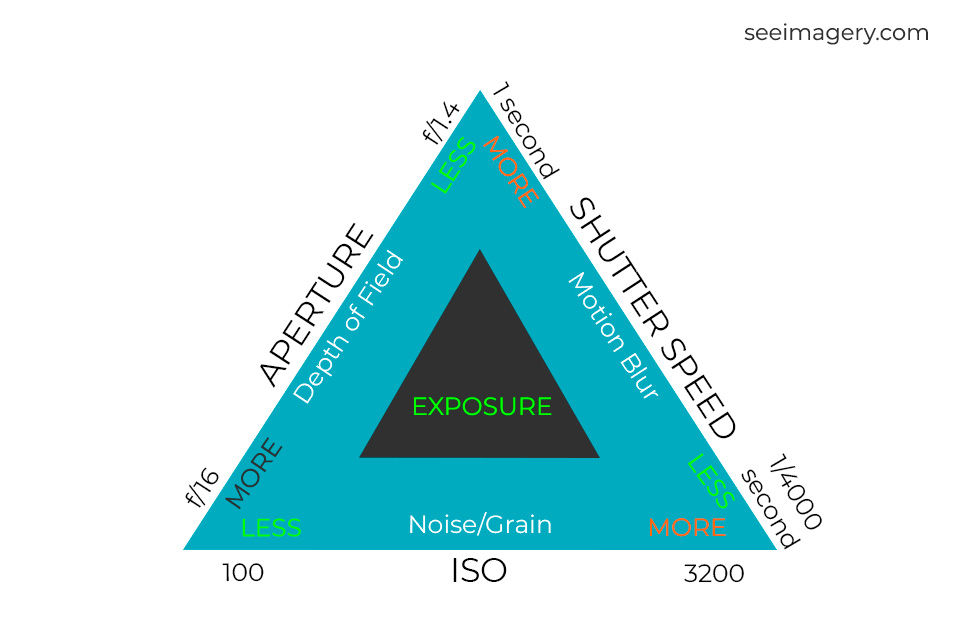
The Different Methods of Learning Photography
So far, we’ve discussed light, composition and camera settings. Now let’s take a brief look at the different manners in which you can learn these fundamentals of photography. Not only will I go over the benefits of each I’ll also offer some great places to start.
Blog Posts
Blogs are a great way to be part of a community, express yourself and connect with photographers at all stages in their journey. Photographers love to talk about photography and network with other photographers. Um, abashedly putting my hand up and looking around the room. So yeah, let’s connect.
Furthermore, blogs are more personal than books or magazines because you can form a rapport with the author and audience. You can get real feedback from a variety of perspectives regarding your questions and work.
The best part is you can even start your own blog. Write down observations, post photos and track your progress. Seriously, it’s never too soon! Being able to go back and look at your progress will be an awesome experience.
Books
The written word is great when you’re looking for the nitty-gritty details. If you want someone to dig deep into a subject you generally go for the book. Most book on learning photography will include all kinds of beautiful photos, lighting diagrams as well as posing and shooting techniques.
Furthermore, books on photography make a great addition to any library. Don’t have a library? Start one, or just leave them lying about the house and watch them call you into action. “Hey you, pick up your camera and go shoot something!”
Finally, books offer great company when sitting on the porch, in your backyard or just about anywhere. When you have a bit of downtime use it to your advantage, grab that book on photography and read.
Now, books can be expensive but I assure you they are worth every penny. Old books, in particular, make for great photo props. Check out your local used bookstore.
Try picking up one of the books below and tell us what you think. Likewise, if you know of a great book please share it in the comments.
Understanding Exposure – If you are picking this up used be sure to look at the edition. The first edition copy is based on film camera days. The later editions are updated for digital. – Bryan F Peterson
Understanding Shutter Speed – Bryan F Peterson
Learning to See Creatively – Bryan F Peterson
Light: Science and Magic – Fil Hunter and Steven Biver
Classes
Taking a photography class at a local community college is a great way to propel yourself forward in your photography pursuits. Not only will you advance your photography skills but you’ll also gain access to a variety of equipment and gear you might not already have.
Additionally, you get to meet other people interested in photography and start networking right away. Classes can be expensive these days but a class may be a much better investment than that new lens you want to buy. Just think about it, you can buy that lens later on down the road. Do you really want to put off knowledge and the classroom experience for later on down the road?
Mentors
A mentor is another unique and rewarding way to learn photography. With a mentor, you get the advantage of having someone who has been there, show you the ropes. They have walked in your shoes and are there to guide you on your journey.
Where do you find a Photography Mentor?
One of the best ways to find a mentor is to find someone local who does that one thing you want to do. They do that thing and they do it well. You wish you could be that person, run a business similar to them. Then you contact them!
Wow, you’re thinking and maybe you’re thinking they are probably way too busy for me and all kinds of other self-deprecating stuff. I get it but you need to put on your brave pants, start doing superman/girl poses in the mirror until you believe you are super. Because you are!
I’ll even tell you the possible outcomes because once you know it’s going to make it easier for you. One of four things will happen.
- They write back and tell you they’ve never mentored anyone before but are open to the experience if you are. You probably get a decent rate being it’s a new experience for them as well.
- They write back, offer you their rates and tell you they would be happy to meet with you. This photographer has likely mentored before and may even have their mentoring service detailed on their website.
- They write back and tell you they don’t currently offer any mentoring. Maybe it’s not them or maybe they’re just too busy, but just maybe, they know somebody who does mentor. Bingo, and even if they don’t offer that branch I bet they say, “I wish you the best and good luck in your search.” How bad was that?
- They just don’t answer. This is unlikely because that would be bad business.
Have you used a mentor? Tell us about your experience in the comments.
Meetups, Networking, and Workshops
Meetups are just plain awesome for photographers, especially newbies! The barrier to entry is low. Typically, all experience levels are welcome. The cost normally ranges from free to $100. Meetups will supercharge your learning.
I’ve met so many great people in the photography community by simply attending meetups. I was terrible too but these people encourage each other and everyone is doing what they love so everyone is happy.
You don’t just meet other photographers though, you meet models, makeup artists, and fashion designers. If you think you need to network, then attending the right meetup will definitely push you into the right people.
Typically, I’ve encountered two types of meetups, the “workshop” and the “let’s hang out and shoot” meetup. Both are good though and here’s why.
Workshop
The workshop is more expensive but is also more involved and likely includes some type of learning, lesson plan and/or hands-on training.
For example, maybe you attend a “Photograph Fashion Workshop.” Here you will likely work with models, makeup and fashion. The work and bringing this all together is already done however, you just show up with your camera and take some photos.
In this scenario, you may also find yourself working with strobes. Maybe you have no experience with off-camera lighting but in the workshop environment, you are about to get your feet wet. Warning: Really bad photo coming up but yeah, it was my first time using strobes.

Let’s hangout and shoot
This workshop is a lot less involved and is generally free or just a couple of bucks. Think photo-walks, street-photography, festivals, etc. You show up, other photographers show up, you hang out and shoot some photos.
Normally, it’s not too structured and there isn’t a real lesson plan. Still, more experienced photographers are always willing to help should questions arise. Plus, just being around other photographers will up your game. They talk the talk and throw around photography terms that ultimately facilitate learning, intended or not.

Where do you find Photography Meetups and Workshops?
If you haven’t tried Meetup then that is a great place to start looking at the local groups in your area. In fact, you can find groups for just about anything on Meetup. In addition to meetup, you can join photography groups on Facebook, listen to photography podcasts, etc. These groups tend to have photography retreats and workshops for their listeners.
A Note on Safety
Typically, meetups are very safe as you aren’t just going to meet one individual, it’s normally a group atmosphere. I don’t guarantee there will be a ton of people at every meetup however. I have been to a few small meetups.
As with any form of meetup arranged through social media, online, etc you have to use common sense and your best judgement. A photographer friend shared a great posts on Safety tips for meeting a new friend from Social Media. Check it out!
Podcasts
Driving around in your car all day? Don’t have time to pick up a book, go to a class, find a mentor or attend a meetup? Great, find a podcast to listen to. There are plenty to choose from and you can listen when you’re on the run.
I especially recommend you do this if you are feeling sort of lost and uninspired. Maybe you’ve been low on motivation. When you fill your life with other people talking about photography they will almost inevitably spark that motivation you’ve been seeking.
What is a good photography podcast to listen to?
Currently, I listen to Master Photography, Tips from the Top Floor and Thoughts on Photography. This list is by no means all-inclusive. There are a plethora of options out there. The best thing is the content is usually evergreen meaning you can go back and listen to old episodes and it’s almost always still relevant.
Tell us about your favorite photography podcast in the comments below.
Video
I feel like I’ve had to sell almost every other learning platform or at least make you aware of the possibilities. Video, not so much, I bet you’ve already consumed a fair share of YouTube videos. Videos are typically quick to consume. They get right to the point but can also lack the details you find in books.
Still, the merits of visual learning and a video platform like YouTube can’t be ignored. Simply subscribe to a few of the channels listed below and start watching some videos. I guarantee you will be a better photographer with each video you consume.
These are some of my favorite YouTube channels for photographers. If you have some other suggestions please list them in the comments.
Peter McKinnon – If you’ve watched any YouTube videos you’ve probably stumbled across Peter McKinnon. His videos are stylish, professional and very well made. He has one of the biggest followings relative to other photography channels because he is good at what he does.
His videos cover both photography and cinematography and go over everything from photography techniques, gear, editing, and motivation. Heck, just watching his videos spark motivation.
Jessica Kobeissi – If you are into fashion, portraits, and weddings then you should check out Jessica Kobeissi on YouTube. Her videos span a wide array of topics including the business, practice, and challenges of photography.
She also likes to do fun and entertaining videos. Some of those include taking pictures of strangers in various locations and paying strangers to Photoshop her professional photos. Not only are they fun, but they are also informative and motivational. Just watch her videos. I promise you will want to go grab that camera and do something exciting.
PHLEARN – What do you get when you combine Photoshop and learn? Phlearn! If you’re looking how to do something in Photoshop or Lightroom then Phlearn is probably your answer. Phlearn is just a great resource with a ton of different videos on post-processing. You will find a video for just about any skill level and the tutorials are easy to follow and always helpful.
Thomas Heaton – Do you like landscape photography? Cool, then this is the channel for you. Thomas Heaton is a travel-photography vlogger that takes you on epic journeys in the pursuit of breathtaking landscape imagery.
It’s an adventure, hiking, experimenting, pursuing and waiting for the perfect conditions, the perfect light. His approach is honest and unpolished, sometimes using trial and error to work his way towards the best achievable outcome.
Mango Street – Another well-rounded photography channel is Mango Street. You will find Lightroom, Photoshop and Photography tutorials that just straight out motivate and fuel the creative fire inside you. Not only are the videos to the point and packed with useful information, but they’re also fun.
Practice, Practice, Practice
As always, the best way to learn anything is to practice, practice and then practice some more. You really just need to take the camera out and shoot everything and anything. I’m going to mention Meetups one more time because nothing gets you firing off 1000 shots like a meetup.
My first meetup was a fashion workshop. I never worked with models, I never worked with strobes but as I moved from station to station, I sure did put my camera to the test. When you work with a good model, the shot can change drastically from one second to the next. You’re going to press that shutter and you are going to press it a lot, it’s fast-paced.
It’s not like landscape photography where you’re schlepping your gear all over the place trying to find the perfect spot. The calculated choices, long exposures and use of a tripod make it a much slower-paced experience. Of course, when your chasing light landscape photography can certainly feel like a race against time.
Bottom line, get out there, shoot everything, shoot often and don’t be afraid to try something new.
Photography Workbooks
Join the Tribe
Want to join an amazing tribe of photographers, artists, and other creatives? Want more NFT Tips? Check out our Facebook group, NFT Photography Community. The Goal: Let’s just all help each other out!
Also, don’t forget to jump on the email list to get some free Photoshop Overlays and my “very occasional” email. I want to talk with you about inspiration, photography, blogging and just staying motivated.

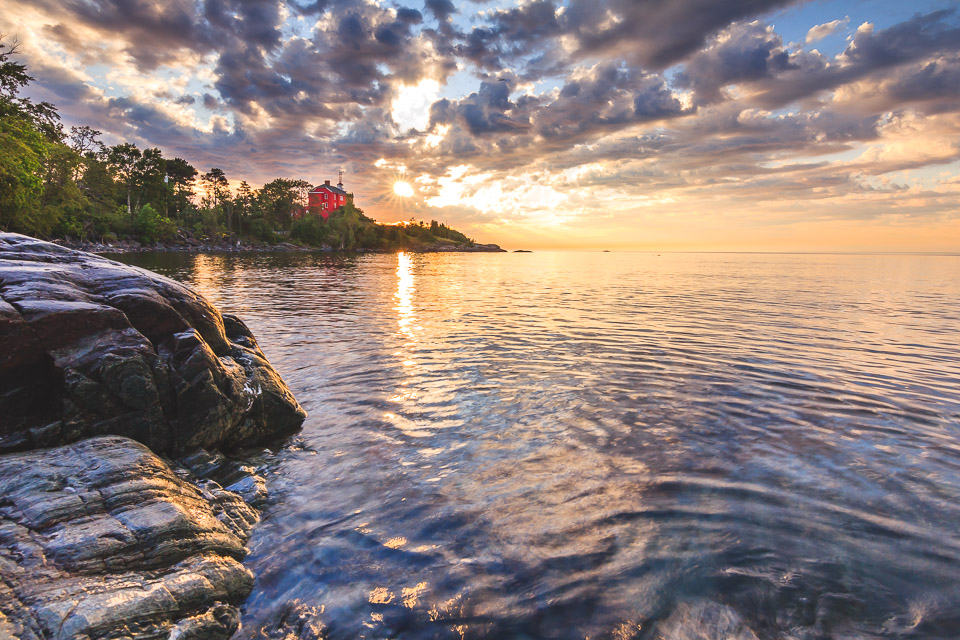

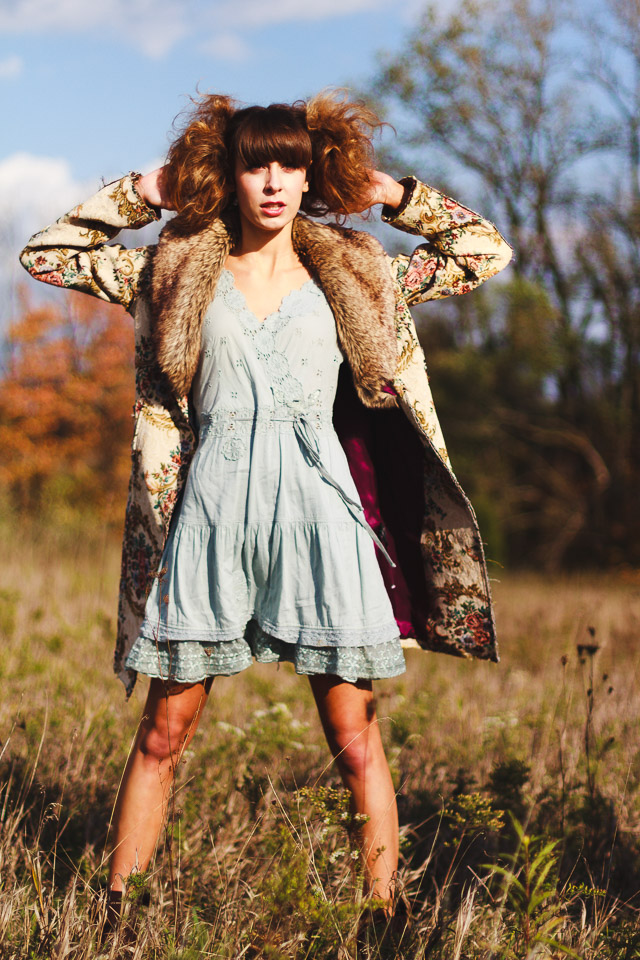




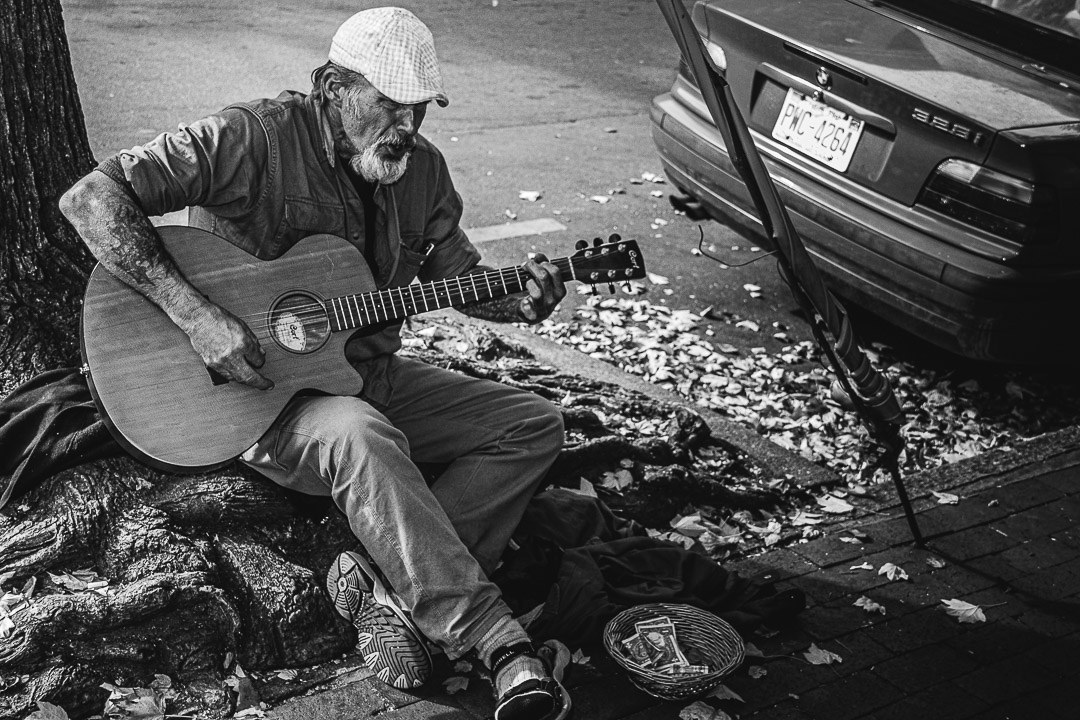
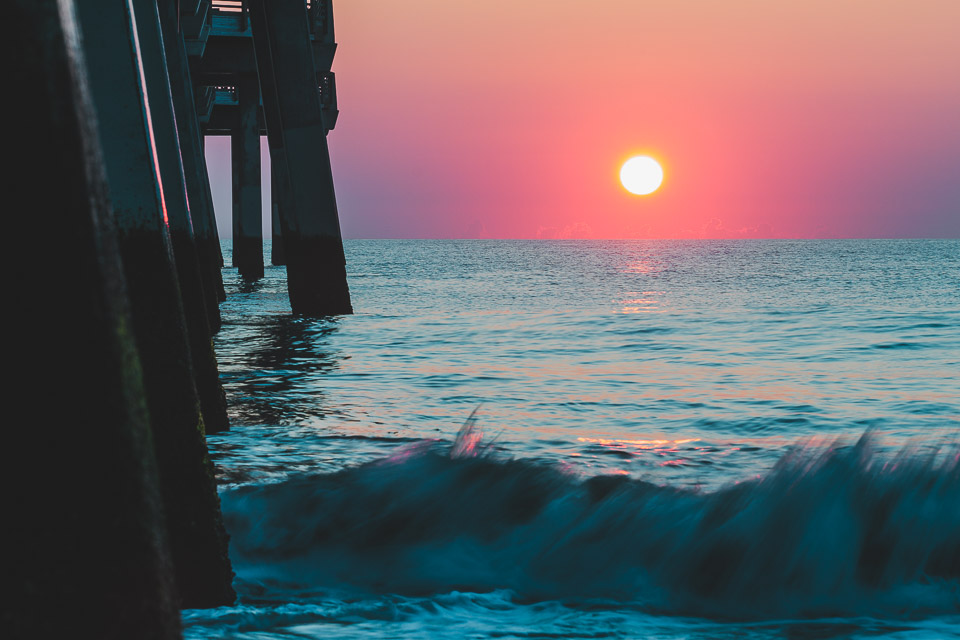
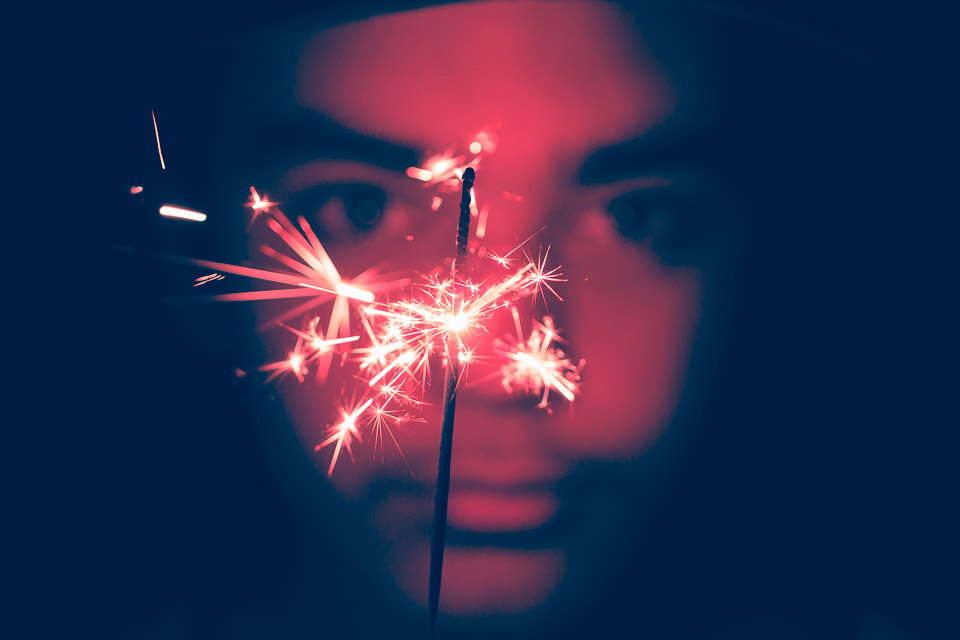



[…] wrote a post “What is the Best way to Learn Photography as a Beginner” that covered a vast array of learning methods. I talked about photography blogs, books, classes, […]
[…] the people you meet at in-person events. Remember how I talked about attending Meetups as a way to learn photography. It can also be a great place to find your accountability partner. If that fails, look online, […]
Thank you for breaking this down for me and providing so many great resources! I truly had no clue where to start and this plan has helped put me on a path to getting to know my camera! I’m so excited to start practicing! Thank you for the tips!
You are welcome, glad it helped. Feel free to contact me anytime with any questions :) Good luck on your journey!
[…] also like to recommend checking out this article by Michael Falk at […]
[…] Read more from my friends at SeeImagery: What is the best way to learn photography as a beginner […]